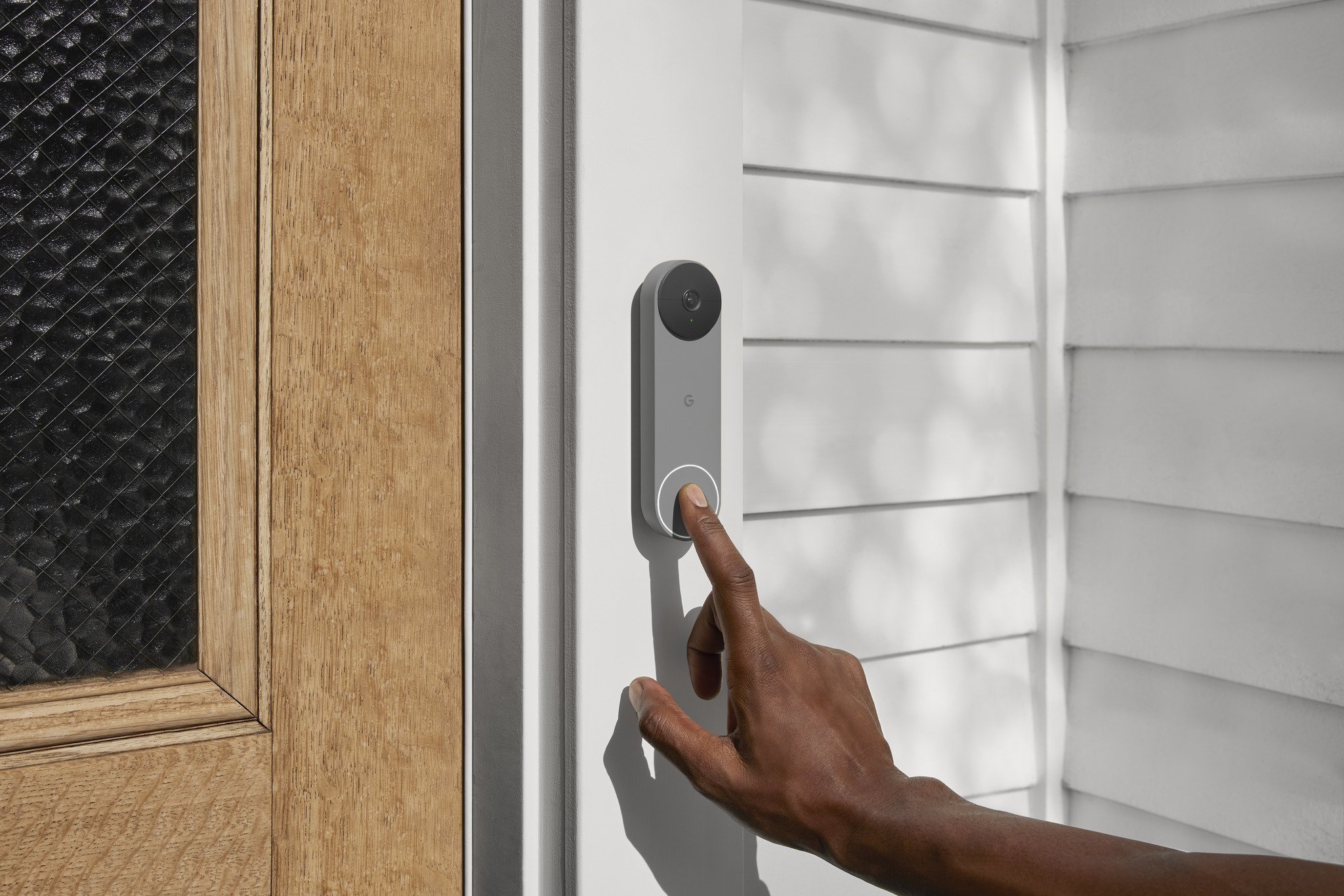Google may hand over your Nest video to police without a warrant in an emergency
But Google says it has never done so to date.

Update (July 29, 12:20 pm ET): Google has confirmed that its carveout clause in its terms of service is meant to help first responders in the event of an emergency.
What you need to know
- Google can let the police gain access to your Nest video footage without a warrant.
- The company's terms of service allow this type of disclosure only in emergency situations.
- Google's policy came to light shortly after Amazon admitted to giving Ring footage to police without a warrant multiple times this year.
Like Amazon, Google can choose to allow police to access your Nest camera footage without a warrant in the United States, but only in emergency situations, according to the company's terms of service.
Google's policies state that the company normally requires law enforcement agencies to present a warrant or court order if they want access to user data stored in its security cameras like the Nest Doorbell (wired). However, if a situation involves the safety and life of a person, it can hand over information to the police without a warrant if the act can help prevent an ongoing threat, CNET reports.
The company's terms of service include this statement: "If we reasonably believe that we can prevent someone from dying or from suffering serious physical harm, we may provide information to a government agency — for example, in the case of bomb threats, school shootings, kidnappings, suicide prevention, and missing persons cases."
The search giant adds that it considers these data requests "in light of applicable laws and our policies." While maintaining that it's important for the company to reserve this right, Google says that it "has never done this" to date.
Android Central has reached out to Google for comment. A Nest spokesperson told CNET that Google's basis for the carveout is the Electronic Communications Privacy Act, which allows providers like Google to share information with law enforcement without any legal imperative. However, the provision is optional, and companies may choose to refuse government data requests without a warrant.
Meanwhile, Amazon previously confirmed that it released 11 Ring video clips to law enforcement this year without user consent. The online retail giant only requests law enforcers to complete a form indicating that the data request is necessary for an emergency, such as "an imminent danger of death or serious physical injury to any person."
Be an expert in 5 minutes
Get the latest news from Android Central, your trusted companion in the world of Android
On the other hand, other manufacturers of wireless home security cameras, including Arlo, Eufy, and Wyze have promised not to disclose user data without proper legal procedure. Eufy, in particular, uses end-to-end encryption to prevent anyone, including the company itself, from gaining access to camera footage.
Update
A Google representative gave the following statement to Android Central:
"We take emergency disclosure requests very seriously, and have dedicated teams and strict policies in place that are designed to ensure that we provide information that can assist first responders in the event of an emergency while ensuring that we only disclose data that is reasonably necessary to avert an ongoing threat.
"To reiterate, and as we’ve specified in our privacy commitments, we will only share video footage and audio recordings with third-party apps and services that work with our devices if you or a member of your home explicitly gives us permission, and we’ll only ask for this permission in order to provide a helpful experience from an approved partner (such as a home security service provider)."

Jay Bonggolto always keeps a nose for news. He has been writing about consumer tech and apps for as long as he can remember, and he has used a variety of Android phones since falling in love with Jelly Bean. Send him a direct message via Twitter or LinkedIn.
